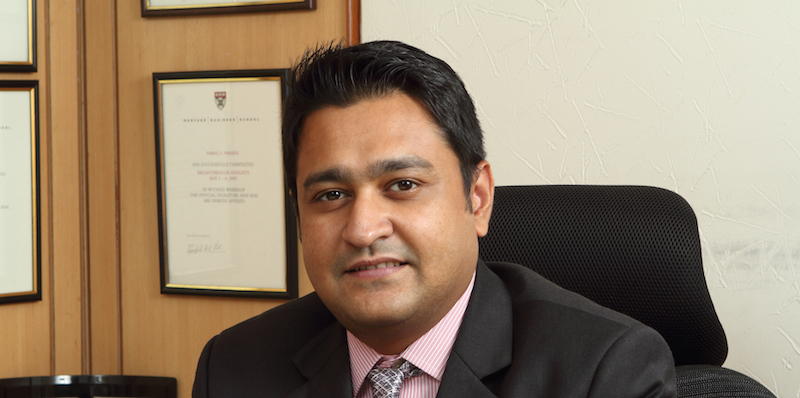 In order to have good, and more importantly honest intention in the activity of money management, one must first answer the question - is money management a profession or business?
In order to have good, and more importantly honest intention in the activity of money management, one must first answer the question - is money management a profession or business?
If it is a profession, then the professional does what is good. However, if it is a business then each action will be scrutinized as to whether it makes business sense or not. Business interests supercede the interests of clients.
I strongly believe that money management in all its form should be a profession but I feel a few players look at it as a business where sometimes a client’s need is neglected for higher commissions or AUM. Imagine you go to your dentist for a cleanup but the dentist wrongly advises you to have a root canal treatment, as it is more profitable for him/her. Once you find out, will you see that dentist again? Similarly, in money management, a wrong and dishonest advice will result in loss of client. It is also important to be upfront with clients and manage their expectations. While advice will be given with good intentions there may always be unforeseen events leading to adverse outcomes. Reassuring clients at difficult times will be greatly appreciated by them.
Just as investment returns take years to compound, so does earning the trust of the client. By giving honest advice this trust will compound over time and in turn help the adviser gain a higher wallet share. Remember, this activity is a marathon and not a sprint!
Another important tool to build trust and confidence is to have skin in the game. This means one must put money where one’s mouth is. Invest in the same funds that you are advising the clients to invest in. This will instill a lot of confidence in clients, as no one will put their own money if the product is not good or if the adviser does not himself believe in it. Even if investments do not perform as expected, clients will not be upset or suspicious as they know the adviser has also invested along with them.
Today, social media and technology are empowering the customer by providing her more avenues to analyse products and services. Hence, advice given with wrong intentions can be discovered easily and can be splashed all over social media. It is therefore imperative that correct advice is given. Clients who benefit from your advice will double up as your brand ambassadors. This may help you economize on marketing spends too! Today, when one goes to buy a product on Flipkart or book a hotel on a travel site, the most important section is the testimonials or reviews of the product or service. This will help make or break a product or service. This is increasingly happening in our industry too, especially on Twitter and Facebook.
Lastly, regulations are nudging distributors to act like advisers. Transparency is the order of the day in financial services and mutual funds in particular. Developments like ‘Direct Plans’ and displaying commissions in account statements are cases in point. The regulator is extremely serious about adopting the RIA (Registered Investment Advisor) model where advisors/distributor will have to charge their client’s a fee for their services instead of earning commission from the fund house. The belief is that this will help stop mis-selling of products and advisers will give honest advice to their clients. So like it or not, going forward it might be in one’s best interest to adopt this model. Those who resist can become redundant.
If one sees this activity as a profession rather than a business, one will be more likely to have the best intention and interest of the client in mind. This will result in long-term success for both parties - advisers and AMCs. Remember what Warren Buffett said - ‘It takes 20 years to build a reputation and just five minutes to ruin it.’ If one thinks about that, then one will do things very differently.
Neil Parikh is the CEO of PPFAS Mutual Fund.
The views expressed in this article are solely of the author and do not necessarily reflect the views of Cafemutual.


